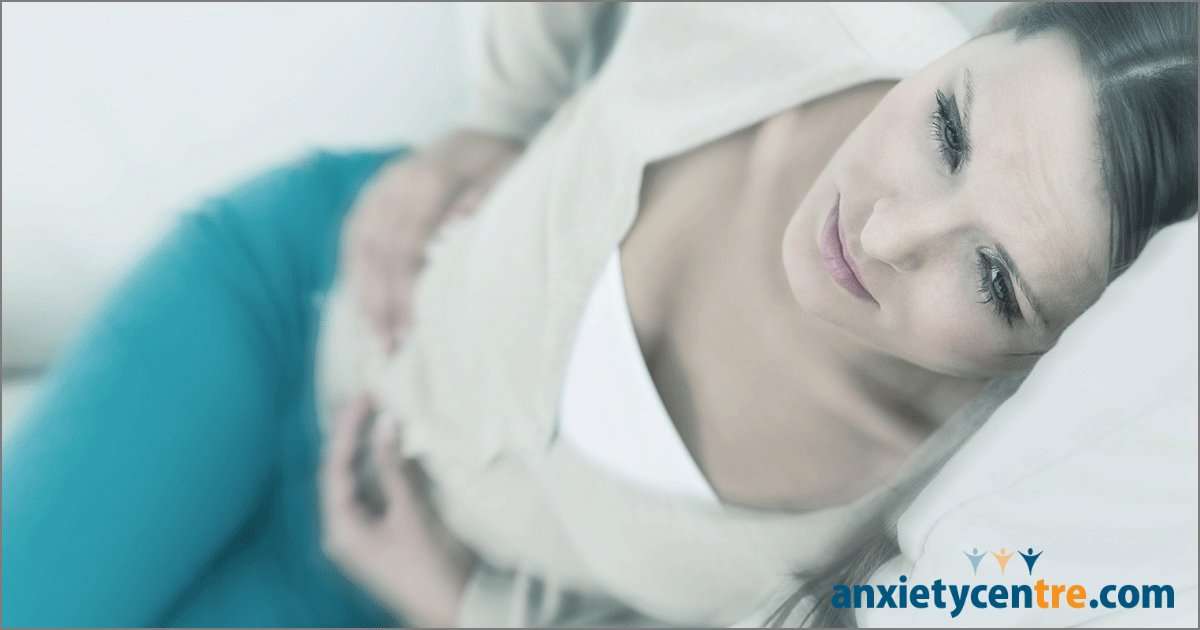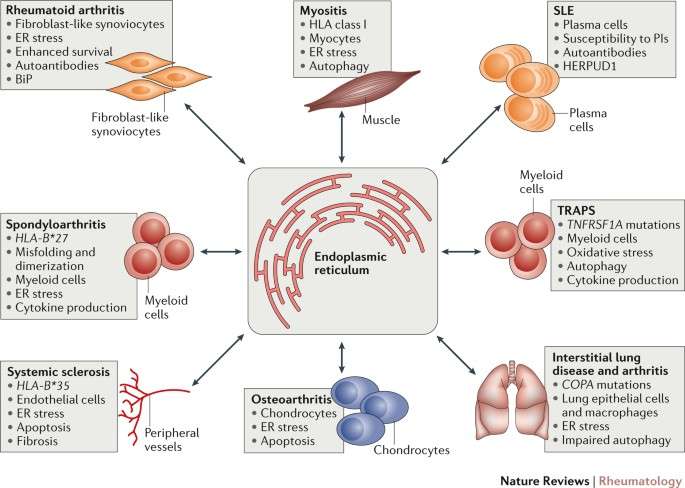
The way anxiety affects your body can be upsetting, and in some cases it can feel very distressing. It’s not uncommon to experience symptoms that you might otherwise consider strange, symptoms that may actually lead to an increase in your anxiety as you try to determine why they occur.
That’s what often happens to those who experience buzzing sensations. These sensations are usually physical, not auditory, but some people do hear buzzing sounds. They constitute a strange symptom without an obvious immediate cause, which can create significant distress in those who experience it.
Understanding the Buzzing Feeling
The buzzing sensation is hard for many to explain. What makes it more interesting is that it appears to occur even when no clear anxiety is present. That’s one of the reasons why it’s so hard to describe and diagnose: the buzzing itself doesn’t always occur at the peak of anxiety.
The most common experience of the buzzing feeling entails feeling like your muscles, fingers, or legs are vibrating or shaking inside. It’s not the same thing as “nervous shaking.” Rather, it’s like your body is acting like an electric toothbrush that goes on and vibrates in strange and unusual ways. For some, the twitching is very fast. For others, it’s a bit slower.
Why Symptoms Occur When No Anxiety is Present
One of the reasons this symptom causes so much distress is that it can occur without any clear anxiety being present. Since most anxiety symptoms occur along with an emotional experience of anxiety, this can cause the feeling that something else is wrong with your body. It commonly triggers a large number of the health fears that many with anxiety experience regularly.
Two issues cause the buzzing feeling — and other unusual sensations that occur in the absence of anxiety — to happen when your anxiety dies down:
- Some people experience unconscious fear and anxiety. These are sources of stress that they may not be entirely aware of. Sometimes, when you are used to blocking out or trying to ignore feelings, this can be the case. Your body still responds to the anxiety although you may feel fine at the time.
- Anxiety genuinely alters the way your body works, and long-term stress can alter hormones, tense muscles, and do more
Don’t forget that anxiety is associated with both worst-case-scenario thinking and the tendency to focus on feelings and sensations to such a strong degree that you become overly aware of and sensitive to them. In some cases, you may pay excessive attention to your body, making the sensations more intense without realizing it.
Cause of Buzzing Sensations
The strange thing about these buzzing sensations is that it’s not clear what causes them. Most likely, it’s simply a different way of reacting to that “falling asleep” feeling that comes from anxiety and stress. Anxiety and panic attacks cause issues that lead to tingling in the extremities, but not everyone experiences it the same way. Others experience more of a burning sensation, while still others experience simple weakness. Buzzing may be another experience.
It’s also possible that it’s simply a reaction of the tense muscles to the hormones of the body. Muscles respond directly to hormones and nerves, and if both hormones and nerves behave incorrectly, it may be due to their reactions to the chemicals around them.
It would be easier if there were research into the cause of buzzing, but unfortunately little to no research of this type has been conducted. The key thing to realize is that many people appear to suffer from this type of condition — some do so to such a degree that they can hear the buzzing in their ears — and it would not be unusual for you to experience this sensation yourself.
Turning Off the Health Fears
When you have anxiety, Googling your symptoms is one of the worst things you can do. You’ll find that issues like buzzing — and many other types of disorders — are caused by neurological conditions like MS and ALS.
You should always see a doctor if you are worried about new or changing symptoms. But rest assured that these conditions are rare and your doctor is sure to have experience identifying them. You need to make sure that you are not contributing to your own anxiety by looking up all of your symptoms and convincing yourself you have the worst thing you can find.
SUMMARY:
Anxiety causes a buzzing sensation, but scientists are still trying to determine why. It is believed to relate to the way hormones interact with your body as a result of persistent, long term stress. Addressing your anxiety is the best way to stop the sensations.

Body trembling, shaking, tremors and vibrating are common symptoms of anxiety disorder, including generalized anxiety disorder, social anxiety disorder, panic disorder, and others. Many people experience body tremors symptoms when they are anxious and stressed.
To see if anxiety might be playing a role, you can rate your level of anxiety using our free one-minute instant results Anxiety Test or Anxiety Disorder Test.
The higher the rating, the more likely it could be contributing to body trembling and tremors.
This article explains the relationship between anxiety and body tremors, trembling, and shaking.
Body tremors, shaking, trembling anxiety symptoms description:
- Your arms, hands, feet, legs, stomach, sides, chest, back, head, buttocks, groin, or even your entire body may feel shaky or like they are trembling, shaking or vibrating.
- It feels as though your entire body is trembling.
- You feel like your body is shaking, trembling, or vibrating for no apparent reason.
- Your body feels jittery.
- Even though you aren’t anxious or stressed, your body is trembling and shaking.
- It feels like your body is vibrating.
- Some people describe this symptom as body tremors.
- After a nap or when waking up from sleep, your body feels like it is trembling, shaking, and vibrating.
- Tremors, trembling, shaking or vibrating might be visible or not visible.
Body tremors, shaking, trembling or vibrating can occur on the exterior of the body or feel like it is occurring on the inside, or both.
Body tremors, shaking symptoms can persistently affect one area of the body only, can shift and affect another area or areas, and can migrate all over and affect many areas over and over again.
Body tremors, shaking symptoms can come and go rarely, occur frequently, or persist indefinitely. For example, you may feel your body tremors once in a while and not that often, feel them off and on, or feel them all the time.
Body tremors, shaking anxiety symptoms may precede, accompany, or follow an escalation of other anxiety sensations and symptoms, or occur by itself.
Body tremors, shaking anxiety symptoms can precede, accompany, or follow an episode of nervousness, anxiety, fear, and elevated stress, or occur ‘out of the blue’ and for no apparent reason.
Body tremors, shaking symptoms can range in intensity from slight, to moderate, to severe. It can also come in waves, where it’s strong one moment and eases off the next.
Body tremors, shaking symptoms can change from day to day, and/or from moment to moment.
Body tremors, shaking symptoms often seem more disconcerting when undistracted, when trying to rest or go to sleep, or when waking up from a nap or sleep.
While some people may be able to control their shaking, trembling, and vibrating by calming themselves down or by tightening and loosening their muscles, most often this symptom occurs involuntarily, meaning there isn’t much you can do to stop it from occurring.
Some people experience tremors only when moving certain muscles, while others experience tremors all the time regardless of muscle movement.
All of the above variations and combinations are common.
———- Advertisement – Article Continues Below ———-
———- Advertisement Ends ———-
What causes the body trembling anxiety symptoms?
Medical Advisory
Behaving anxiously activates the stress response, which immediately causes body-wide changes that give the body an “emergency boost of resources” to deal with a threat – to either fight or flee – which is the reason the stress response is often referred to as the fight or flight response.[1]
Part of the stress response changes include tightening the body’s muscles so that they are more resilient to damage and stimulating the nervous system so that our senses are amplified and our reactions are faster. Both of these changes can cause the body to tremble while a stress response is active.
When these responses occur infrequently, the body can recover relatively quickly from the stress response changes. When stress responses occur too frequently, however, the body can remain in a state of semi stress response readiness, which we call stress-response hyperstimulation (also often referred to as “hyperarousal”).[2]
A body that becomes hyperstimulated can exhibit symptoms similar to an active stress response. But there is an important difference. Symptoms can occur involuntarily, meaning at any time, making it seem as if they are occurring “out of the blue” and without reason.
As long as the body is hyperstimulated, it can exhibit symptoms of any type, number, intensity, duration, frequency, and at any time. Experiencing body tremors, trembling, and shaking symptoms is a common symptom of both an active stress response and stress-response hyperstimulation.
Just as too much caffeine can cause jitteriness and trembling because caffeine is a stimulant, so can stress and stress-response hyperstimulation, since stress hormones are stimulants. Some people say that they have a “case of the nerves” because they are shaking so much.
Moreover, a lack of sleep can aggravate body tremors anxiety symptoms.[3] Many people who are sleep deprived experience this symptom until their sleep debt is caught up. Trembling, shaking, and vibrating commonly occur due to a lack of sleep.
The combination of a anxiety, stress, hyperstimulation, and sleep deprivation can cause a wide range of symptoms, including those that affect the body’s muscles and nervous system. These effects commonly cause body tremors, trembling, shaking, and vibrating symptoms.
———- Advertisement – Article Continues Below ———-
———- Advertisement Ends ———-
How to get rid of the body tremors anxiety symptoms?
When anxiety body tremors symptoms are caused by apprehensive behavior and the accompanying stress response changes, calming yourself down and shutting off the stress response will bring an end to the response and its changes. As your body recovers, this symptom should subside. Keep in mind that it can take up to 20 minutes or more for the body to recover from a major stress response. But this is normal and shouldn’t be a cause for concern.
When the body tremors anxiety symptoms are caused by hyperstimulation, it can take a lot longer for the body to recover, and to the point where this symptom subsides. For more information about how long this could take, Recovery Support members can view the article “Hyperstimulation Recovery Expectation Guidelines” in chapter 10 in the Recovery Support area of our website.
Nevertheless, when the body has recovered from an active response or hyperstimulation, body tremors, shaking, and trembling anxiety symptoms will completely subside. Therefore, body tremors needn’t be a cause for concern.
You can speed up the recovery process by reducing your stress, practicing relaxed breathing, increasing your rest and relaxation, and not worrying about this feeling. Sure, it can be startling, unsettling and even bothersome. But again, when your body has recovered from the active stress response and/or stress-response hyperstimulation, anxiety-caused body tremors will completely disappear.
Play the clip below for Jim Folk’s commentary about the Body Tremors anxiety symptoms. Jim Folk is the president of anxietycentre.com.
Body tremors is a common symptom of elevated stress, including the stress anxiety can cause. Jim Folk experienced body tremors to a severe degree during his 12 year struggle with anxiety disorder.
If you are having difficulty containing your worry about this symptom, you may want to connect with one of our recommended anxiety disorder therapists. Working with an experienced anxiety disorder therapist is the most effective way to overcome what seems like unmanageable worry and problematic anxiety.
For a more detailed explanation about all anxiety symptoms, why symptoms can persist long after the stress response has ended, common barriers to recovery and symptom elimination, and more recovery strategies and tips, we have many chapters that address this information in the Recovery Support area of our website.




